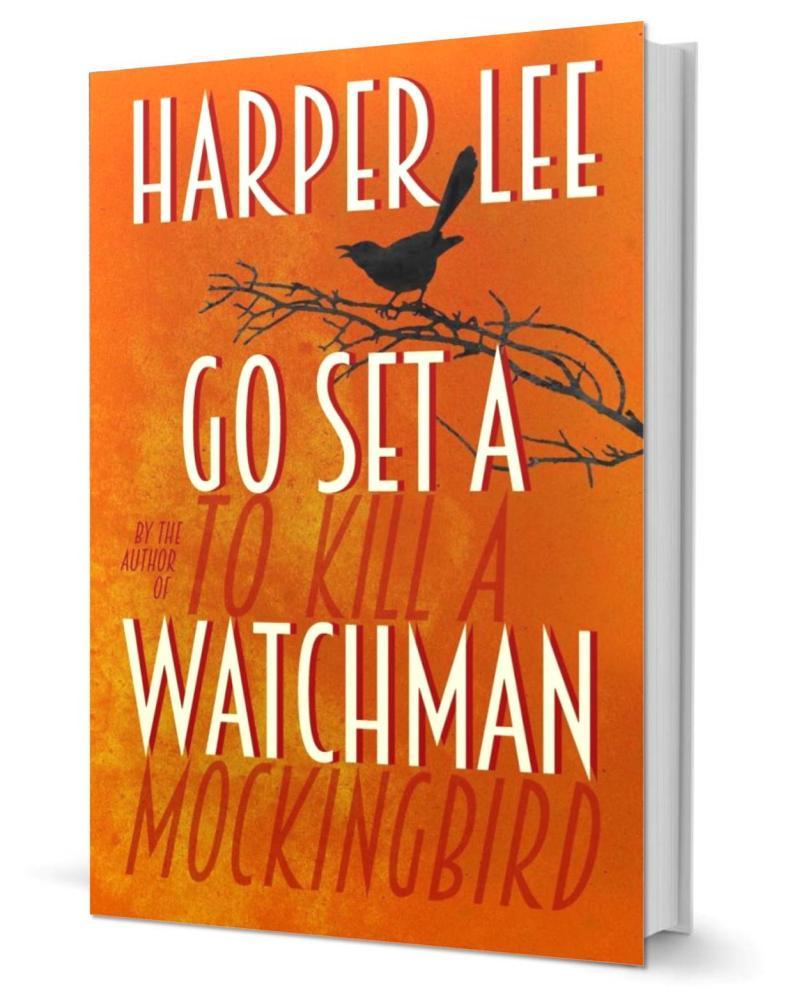‘Go Set a Watchman’ – book review
Today, I woke to the news that Harper Lee has sadly passed away. I have intended to write a review of her book, ‘Go Set a Watchman’, since I read it last August. Today seems a good day to do it, in memory of an amazing author.
This book sat unpublished for many years until 2015, when it was released with a lot of nervous anticipation, trepidation, and awed excitement surrounding it. Some people could not wait to get their hands on it (I bought my mum a copy the day of release!), others were unsure whether to risk ruining the aura that glows at the mere mention of ‘To Kill a Mockingbird’, and others were adamant they would avoid this oddly-timed book completely. I sat in the second camp, though seeing my mum devour the book within three days of purchase, I decided I had to give it a go. I tried to go into it as if I were reading a new book, rather than one that held so much anticipation, to avoid disappointment. I listened to it on audiobook via Audible.
Overall, this book does not hold for me the same ground-shaking amazement that Lee’s first book does. However, it is a good book. ‘Go Set a Watchman’ is set twenty years after ‘To Kill a Mockingbird’, though Lee actually wrote it first. The narrator’s voice is inconsistent, however, it is mostly told from Scout/Jean Louise’s viewpoint. It is almost a coming-of-age story, as Scout deals with the fact that her childhood memories of the people around her had them on a pedestal, particularly her father, and her world crashes around her when she realises they are human, with opinions and beliefs differing from her own. The tension surrounding the South’s civil rights and political turmoil are again the backdrop for Scout’s story.
At times, Scout’s dramatic flair and immaturity grated on me, though her internal struggle is a necessary and interesting one. There is also a fear that Atticus may not be the man you thought him, but ultimately, most of the characters from ‘To Kill a Mockingbird’ return with their beloved traits and attitudes, with the changes that two decades bring. There is eye-opening reminders of past mistakes in terms of civil rights and racism, there is humour, sadness, and wisdom, and there is further meaning added to the original story.
There are a few major events that I feel were swept over too fast. Perhaps when Lee wrote this book, before she wrote ‘To Kill a Mockingbird’, she was not as invested in the characters as the reader is having read ‘To Kill a Mockingbird’. There were some aspects in this book that felt in need of a further edit, but then again, as Lee never intended to publish it, it is hardly fair to critique. For this reason, I think it is not as powerful a book as its predecessor, but a great book that all should read.
Harper Lee is an author that is a cut above most, and this second book solidifies her place there. Let yourself be re-immersed in the ways of the old South, and enjoy this fascinating read.